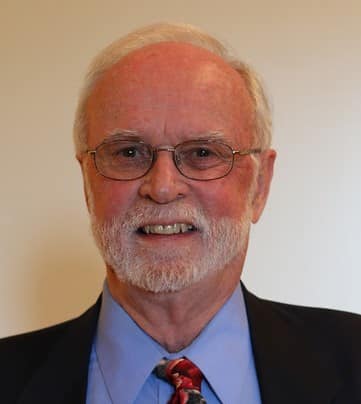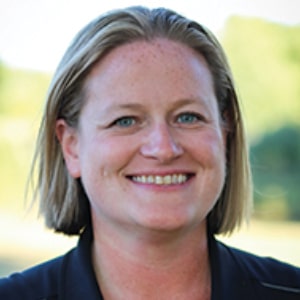Ron Loomis, Past ACUI President and Diversity Advocate, Dies at 82
Former ACUI president Ron Loomis passed away September 26, 2020, in Dedham, Massachusetts, at the age of 82. Loomis served as ACUI’s president from 1976-77, had been recognized with a lifetime honorary membership in the Association, and in 1981 was awarded ACUI Region II’s highest honor, the Edgar A. Whiting Hall of Fame Award. On ACUI Central Office’s Wall of Presidents, the dedication to Loomis reads: “Rephrased, clarified, and expanded the goals of ACUI through a revision to the constitution,” and it was that work, his friends recalled, that helped make ACUI the progressive and diverse organization that it is today.
“Ron Loomis was the kind of passionate, dedicated citizen we should all strive to be,” said ACUI Chief Executive Office John Taylor. “And as a leader with ACUI he set a high bar for what a member should strive to be, always thinking to the benefit of others and working to set a course for the Association that recognized the importance of inclusivity, camaraderie, and caring.”
While spending most of his professional career as director of university unions and activities at Cornell University, he was a longtime volunteer of the Association’s Committee of Multi-Ethnic Programs (now the Community of Practice for Multi-Ethnic Professionals and Allies). Loomis helped steer ACUI on a course toward recognizing the importance of inclusivity, diversity, and anti-racist thinking.
LeNorman Strong, a former colleague of Loomis’ at Cornell and the first African American president of ACUI, served more than 15 years with Loomis on the multi-ethnic programs committee. He remembered his friend as someone who would challenge convention in positive, uplifting fashion.
“Anyone who knew Ron will tell you he was passionate about human rights and that he was one of the most positive people you would ever meet,” said Strong, who retired from the profession last year. “His laugh was absolutely contagious, and he answered most comments with terms like ‘Great!’ or ‘That’s awesome!’ but he also consistently challenged the norms.”

Racism, increasing representation for women, and student representation at ACUI were all issues Loomis became involved with, said Bill Spelman, another friend and former ACUI volunteer who spent years working with Loomis.
“He was deeply engaged with anything that centered around racial injustice, he was deeply engaged with talking about the role of women in the Association, and he was a leader on and a supporter of the idea that students should have representation on ACUI’s executive committee,” said Spelman, who retired in 1990.
Strong recalled that it was Loomis who encouraged him to become involved on ACUI’s Committee on Multi-Ethnic Programs in 1972; “He reached out to others, like me, with assistance, encouragement, and then connected me to the committee.”
That committee came out of the ACUI Annual Conference in Chicago in 1968, shortly after the assassination of Dr. Martin Luther King Jr., and at a time of civil unrest in cities and on college campuses. Loomis and others had made the recommendation to create the committee as part of a task force report given while sheltering in place at the conference hotel.
“Even after he became deeply involved in other causes, he never missed a meeting of that standing committee, and he was often the person at the Annual Conference or at Regional Conferences presenting on the history of the committee and why it was so important to pay attention to race relations and social justice issues,” Strong said.
He noted that Loomis went on to become a national expert on understanding cults after “ACUI had evolved into a very progressive organization with respect to social justice.” Loomis would become a president and Hall of Fame member of the Cult Awareness Network, presenting at over 120 campuses and traveling around the world to share his expertise through workshops, panel discussion, and lectures.
In a 2018 interview in the journal of the International Cultic Studies Association, Loomis said, “I learned that people often become vulnerable to succumbing to a cult recruiter because they have experienced a traumatic event in their personal lives that they have not recovered from … or a major illness or tragic event. I became angry that cult recruiters were intentionally taking advantage of people in those circumstances and became motivated to educate people about cults.”
Loomis attended the University of Connecticut, did graduate work at the University of Minnesota, and in addition to Cornell, worked as a student affairs professional at Hamilton College and the University of Wisconsin–Madison.
He also developed a love for piloting hot air balloons and participating as a member of hot air balloon chase crews. “I celebrated with him in his love of hot air balloon races and going to regional balloon activities, and I was always willing to help out, as long as I was on the ground,” Strong quipped.

